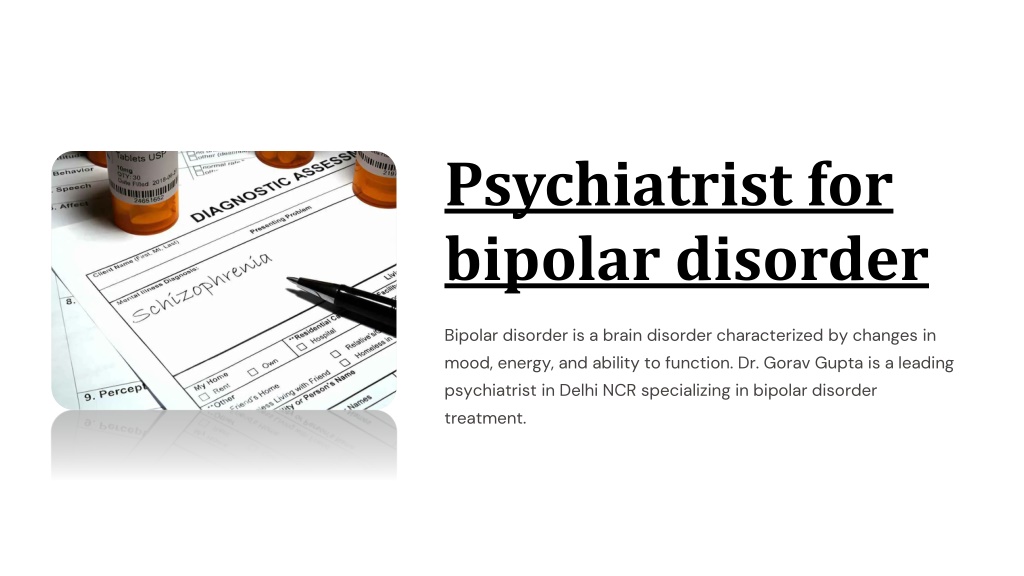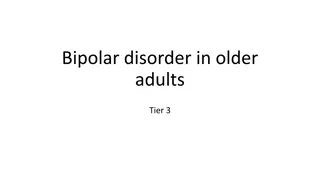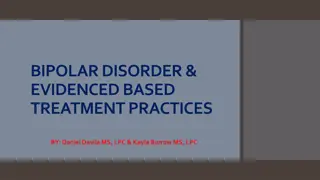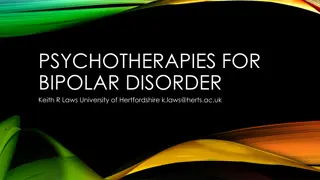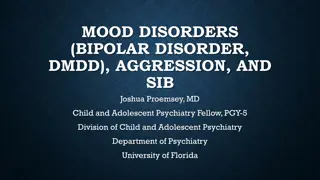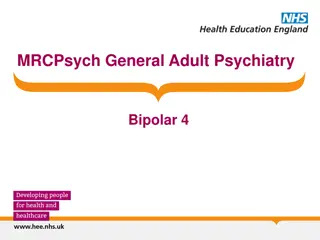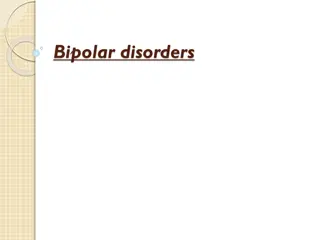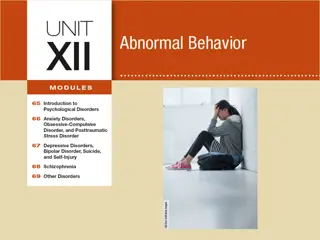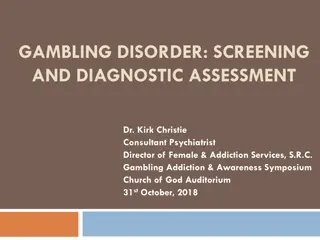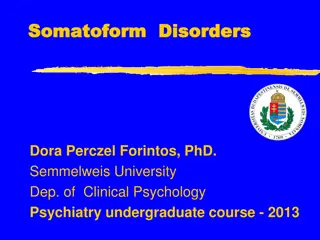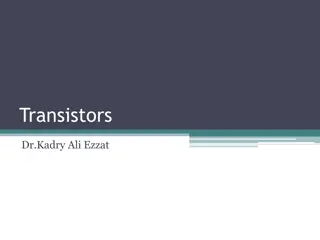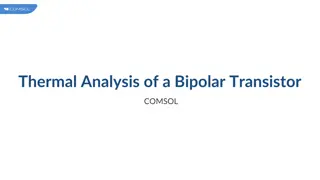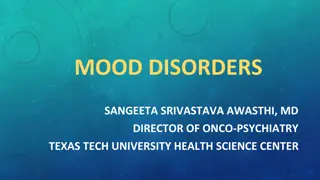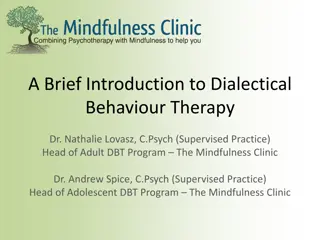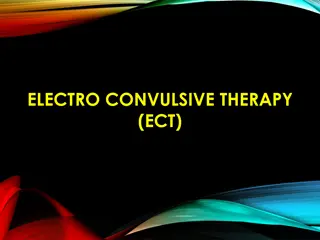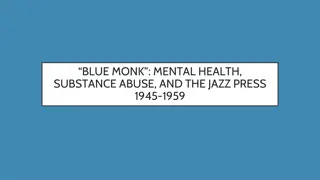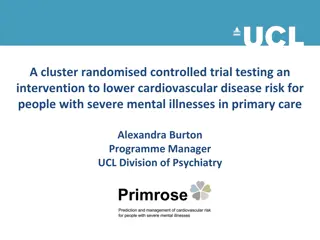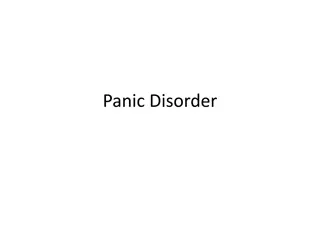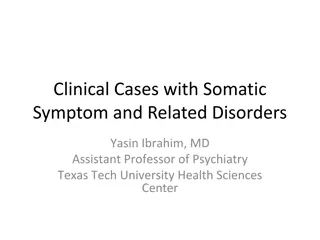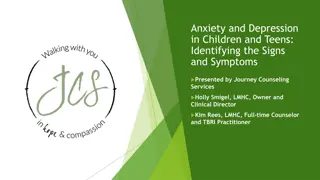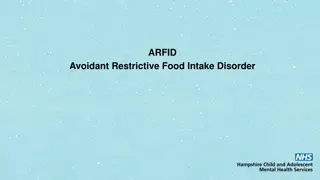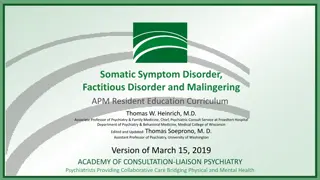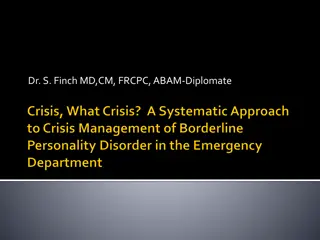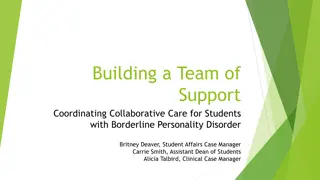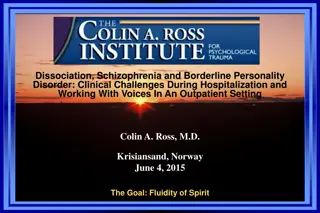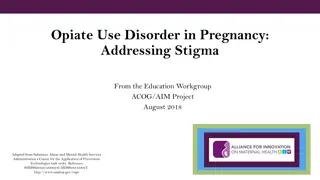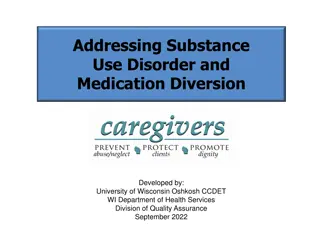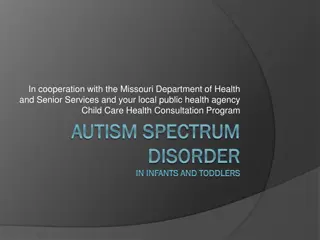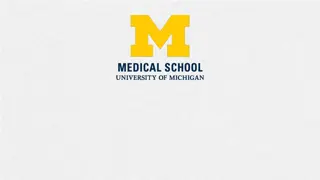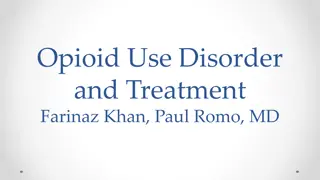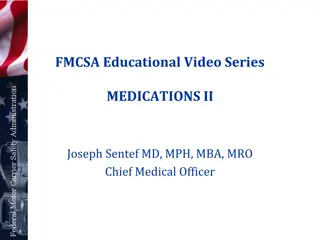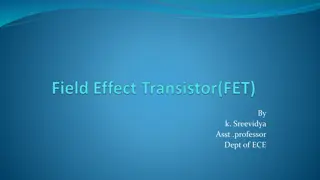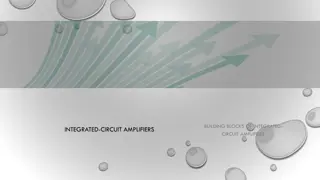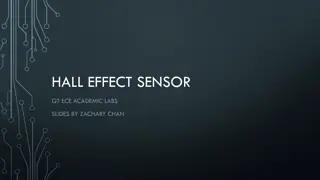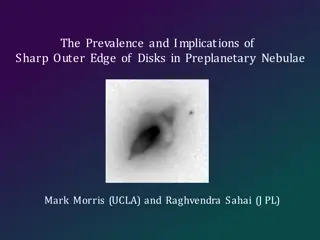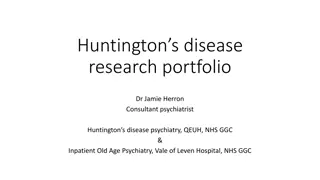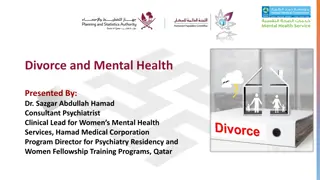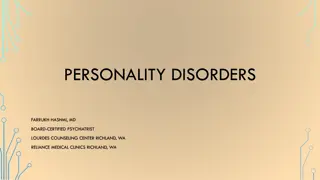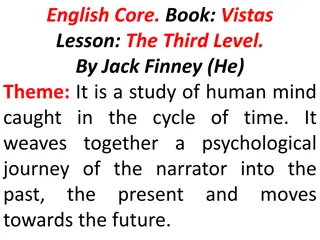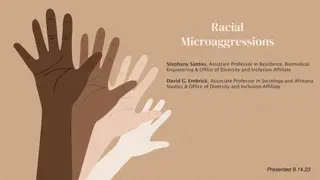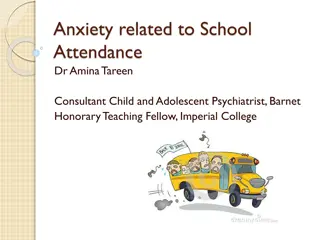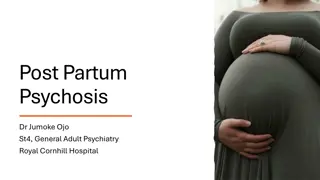Psychiatrist for bipolar disorder
Bipolar Disorder is a brain disorder characterized by extreme mood changes; manic or hypomanic episodes and mixed episodes with depressive episodes. In the following blog post, the best psychiatrist for bipolar disorder treatment, Dr. Gorav Gupta, el
Download Presentation

Please find below an Image/Link to download the presentation.
The content on the website is provided AS IS for your information and personal use only. It may not be sold, licensed, or shared on other websites without obtaining consent from the author. Download presentation by click this link. If you encounter any issues during the download, it is possible that the publisher has removed the file from their server.
E N D
Presentation Transcript
Psychiatrist for bipolar disorder Bipolar disorder is a brain disorder characterized by changes in mood, energy, and ability to function. Dr. Gorav Gupta is a leading psychiatrist in Delhi NCR specializing in bipolar disorder treatment.
Understanding Bipolar Disorder Mood Swings 1 Individuals experience extreme highs (mania) and lows (depression). Impact on Functioning 2 These mood swings can significantly affect daily life, relationships, and work. Prevalence 3 Affects 0.5 to 21 per 1000 Indians annually, most commonly in the 20-30 age group. Treatment 4 While there is no cure, treatment can help manage symptoms and improve quality of life.
Types of Bipolar Disorder Bipolar I Bipolar II Cyclothymia Characterized by at least one manic episode lasting a week or more. Includes at least one hypomanic episode lasting at least 4 days. Periods of hypomanic and depressive symptoms lasting 2 years or more. Also involves a period of major depression lasting 2 weeks or more. Symptoms significantly affect daily life. Symptoms don't meet full criteria for a major depressive or hypomanic episode.
Symptoms of Bipolar Disorder Mania Depression Excessive happiness and excitement Feelings of sadness and hopelessness Restlessness and increased energy Loss of energy and motivation Poor concentration and judgment Difficulty concentrating and remembering Impulsive behavior Thoughts of suicide or death
Treatment Options 1 2 3 Medication Psychotherapy Lifestyle Changes Mood stabilizers, antidepressants, antipsychotics, and anticonvulsants. Cognitive-behavioral therapy (CBT), family-focused therapy, and interpersonal and social rhythm therapy. Regular sleep schedule, healthy diet, exercise, and stress management.
Dr. Gorav Gupta's Approach Experience Over 20 years of experience treating patients with bipolar disorder. Holistic Treatment Combines medication, psychotherapy, and lifestyle changes. Compassionate Care Provides personalized care and support to patients.
FAQs How Common is Bipolar Disorder? Affects approximately 3 to 5% of the adult population. Is Bipolar Disorder Hereditary? There is a higher risk for children of bipolar parents. Can Someone with Bipolar Disorder Lead a Normal Life? With proper treatment, individuals can manage symptoms and live fulfilling lives.
